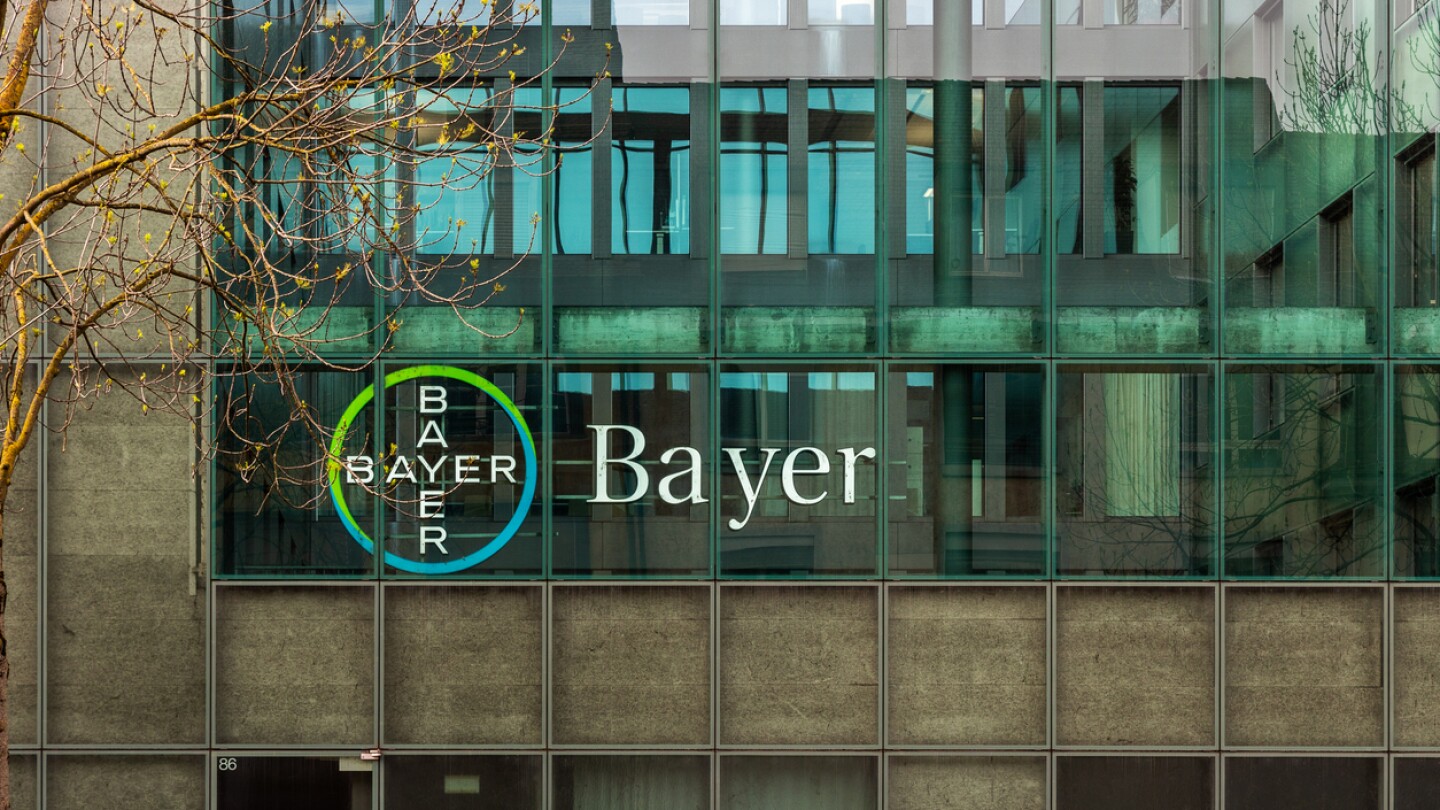Lung cancer
The FDA is currently reviewing Summit’s PD-1/VEGF bispecific as part of a chemotherapy combo for the treatment of locally advanced or metastatic non-squamous non-small cell lung cancer.
Roche first partnered with MediLink in January 2024, likewise for an antibody-drug conjugate for solid tumors.
The Illinois-based pharma has committed more than $1 billion in milestones to secure rights to ZG006 and join a who’s who of drugmakers targeting the DLL3 protein.
Ceralasertib is part of AstraZeneca’s ambitious plan to hit $80 billion in revenue by 2030.
The tickets could go to the lipid-lowering pill enlicitide decanoate and the antibody-drug conjugate sacituzumab tirumotecan, though a spokesperson for the HHS did not confirm the news.
The nod brings Bayer face-to-face in the market with Boehringer Ingelheim and AstraZeneca, each of which has its own HER2 blocker for non-small cell lung cancer.
Halda Therapeutics is developing oral assets for prostate and lung cancer. The deal comes after Johnson & Johnson set an ambitious goal for its oncology sales by 2030.
Pfizer, Merck, AstraZeneca and Bristol Myers Squibb were among the many biopharmas showing off novel cancer modalities at ESMO, with antibody-drug conjugates, bispecific antibodies and kinase inhibitors demonstrating encouraging efficacy and safety for various cancers.
For $1.2 billion upfront and up to $10.2 billion in milestones, Takeda will gain access to a bispecific antibody fusion protein targeting both the PD-1 and IL-2 pathways, among other assets.
Novo Nordisk’s leadership gets another shake-up as President Trump promises to significantly slash prices for its GLP-1 drugs; Summit/Akeso, Exelixis and more present new data at ESMO 2025; Replimune pops as FDA accepts resubmitted BLA; FDA names first winners of Commissioner’s National Priority Voucher program; and more.
PRESS RELEASES










